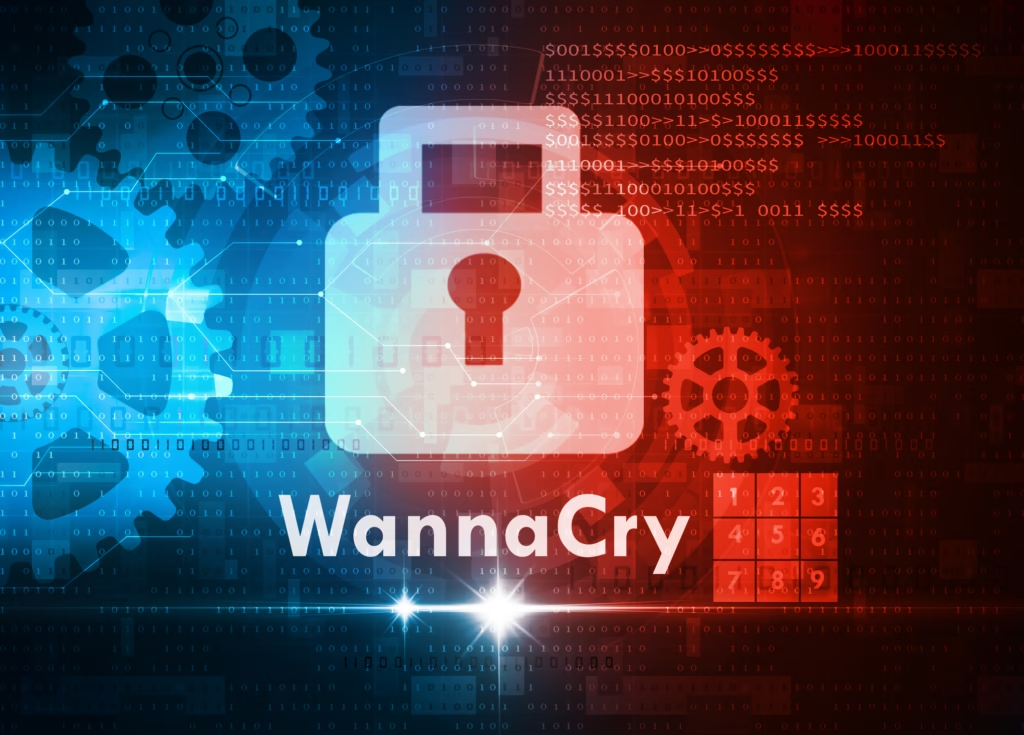Keywords: AI-enhanced cybersecurity, omnichannel pharma engagement, healthcare data protection, HCP targeting security, incentive compensation compliance, pharmaceutical data governance, zero-trust architecture in pharma, blockchain audit trails in healthcare, federated learning in pharma analytics, differential privacy in healthcare AI, HIPAA GDPR compliance in pharma, secure commercial pharma platforms, patient data cybersecurity, cyber resilience in pharmaceutical operations
Introduction
Pharma is at a turning point. The industry is moving beyond one-off sales calls into omnichannel engagement, where digital outreach, field force activities, and patient access programs are seamlessly coordinated. Platforms like Veeva CRM, IQVIA’s real-world datasets, and networks such as Integrechain are at the core of this shift, helping organisations manage engagement at both the HCP and institutional account levels.
AI is powering much of this change. By analysing prescribing data, engagement records, and account hierarchies, AI provides insights into Rx forecasting, segmentation, incentive compensation planning, field team performance tracking, and HCP/account targeting. However, the same datasets that make AI valuable —patient claims, HCP prescribing histories, and institutional engagement logs — are also highly sensitive. Without strong safeguards, they represent risks to compliance, trust, and business performance. That’s why the future of omnichannel engagement depends on AI-enhanced cybersecurity, which secures both the data and the AI models that drive commercial decisions.
AI in Commercial Pharma and Healthcare Engagement
AI is now embedded across nearly every dimension of commercial operations. It supports HCP and account targeting, ensuring the right customers are engaged through the right channels. It drives segmentation models, which allow campaigns to be tailored at scale. It influences incentive compensation frameworks, linking field team activity with prescribing outcomes. And it powers dashboards for performance measurement, providing visibility into how campaigns, field teams, and digital efforts are working together.
For field teams, AI improves daily execution: guiding next-best-action recommendations, prioritising outreach, and aligning activity with broader omnichannel strategies. By harmonising IQVIA claims, Veeva call notes, and sample distribution records, companies can orchestrate end-to-end engagement across platforms, combining targeting, engagement, compensation, and performance measurement into a single view.
Yet, these benefits only hold if the underlying data is accurate and secure. Poor integration or weak governance not only undermines targeting and segmentation but also risks fairness in incentive compensation and transparency in performance management. Industry surveys confirm that data quality remains a barrier to digital maturity, while experts highlight the cost of unreliable data in pharma commercial operations (FirstEigen).
Cybersecurity Risks in Commercial Operations
The more commercial platforms depend on AI, the more critical cybersecurity becomes. Data poisoning attacks could distort claims or engagement data, leading to inaccurate segmentation, poor targeting, or unfair incentive payouts. Model inversion attacks could expose sensitive prescribing behaviours from trained models, compromising HCP trust. Even inadvertent insider actions like oversharing field activity or account engagement logs can erode performance visibility and create compliance gaps.
When engagement, incentive compensation, and performance tracking all sit within one omnichannel platform, the stakes are higher: a single breach or corrupted model doesn’t just affect one function it ripples across the entire commercial ecosystem.
Cybersecurity Risks and Compliance Pressures
Alongside operational risks, compliance frameworks add constant pressure. In the U.S., HIPAA protects patient data. In Europe, the GDPR enforces consent, auditability, and accountability. And in pharma, 21 CFR Part 11 ensures electronic records and signatures are validated.
Non-compliance affects more than legal outcomes. If incentive plans are based on compromised prescribing data, or if HCP/account targeting relies on exposed datasets, organisations risk losing credibility with regulators, providers, and patients alike. As studies confirm, data integrity and compliance gaps continue to hold back commercial innovation (Edvantis – Commercial Intelligence in Pharma).
My Practices for Securing Commercial Pharma Data
In my projects, I’ve focused on building secure, cloud-native platforms where all commercial functions like targeting, segmentation, engagement, incentive compensation, and performance tracking operate on governed, trusted data. My approach includes:
- Zero-trust architectures: every engagement log, account record, or performance dashboard request is validated before access.
- Metadata-driven governance: end-to-end lineage across prescribing data, call notes, and incentive models, ensuring auditability.
- Encryption and anonymisation: paired with differential privacy, so prescribing data can inform performance insights without exposing individuals.
- Blockchain-enabled audit trails: tamper-proof logs that track how commercial data claims, incentive frameworks, field activities are processed.
- Federated learning pilots: training predictive Rx models across distributed datasets without centralising sensitive inputs.
The outcome? Secure pipelines that deliver more accurate segmentation, fairer incentive compensation, and reliable performance dashboards while keeping compliance front and centre.
Business Value and Trust Implications
Cybersecurity might sound like a defensive strategy, but in reality, it’s a business enabler. When HCPs see that engagement data is managed responsibly, they are more open to digital collaboration. Hospitals and networks trust omnichannel systems when they know account data is secure. Field teams benefit from reliable dashboards, confident that incentive compensation and performance metrics are based on protected, high-quality data.
For compliance leaders, embedding “security by design” reduces regulatory risk and simplifies audits. For commercial leaders, it translates into smarter targeting, stronger engagement, fairer incentive models, and more consistent field team performance. Companies that demonstrate both advanced analytics and cyber resilience will become the most trusted partners in healthcare ecosystems.
Conclusion
The future of omnichannel commercial pharma and healthcare engagement will be powered by AI. But this future will only succeed if cybersecurity evolves alongside it. Protecting patient data, safeguarding HCP prescribing records, and securing incentive compensation and performance systems are not optional; they are essential for trust and growth.
By embedding zero-trust controls, privacy-preserving AI methods, federated learning, and blockchain-backed auditability, pharma organisations can unify commercial functions like targeting, segmentation, engagement, field team activity, incentive compensation, and performance tracking on secure foundations. In today’s world, where data is both a strategic asset and a prime vulnerability, AI-enhanced cybersecurity is the cornerstone of sustainable omnichannel success.
Contributor
Rama Devi Drakshpalli
Data & Analytics Solution Architect | Researcher | Reviewer | Blogger
Rama Devi Drakshpalli is a contributor to the Open MedScience blog, bringing expertise in data and analytics and sharing insights from work across research, healthcare innovation, and technology.
Disclaimer
The information presented in this article is provided for educational and informational purposes only. It does not constitute legal, regulatory, medical, or professional advice. While every effort has been made to ensure accuracy, Open MedScience makes no representations or warranties regarding completeness, reliability, or suitability of the content. Readers should consult qualified professionals for guidance on specific legal, compliance, or technical matters related to pharmaceutical operations, healthcare data, or cybersecurity. Open MedScience accepts no responsibility for any loss or damage arising from reliance on the information contained herein.




